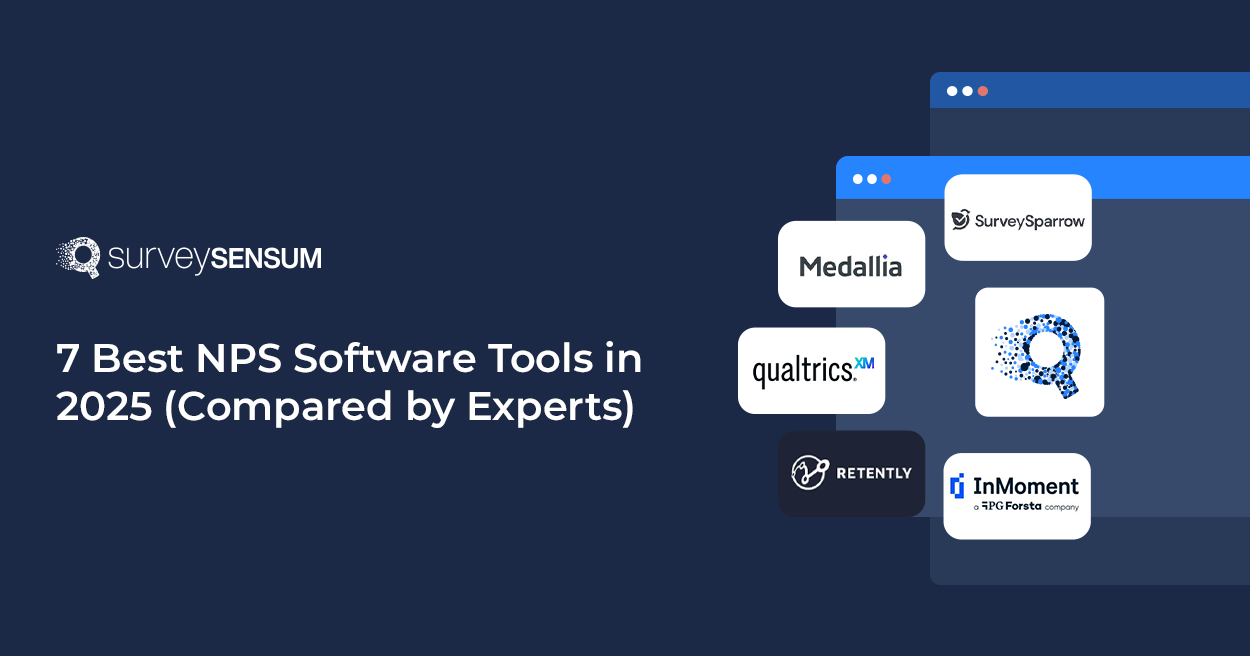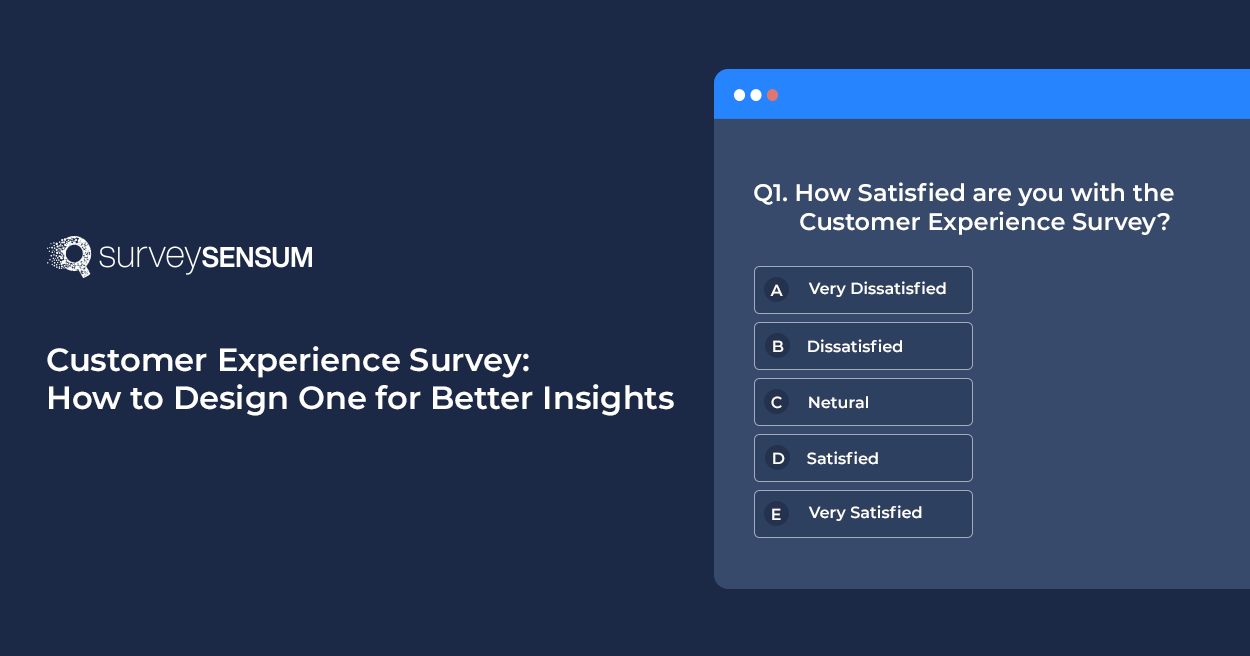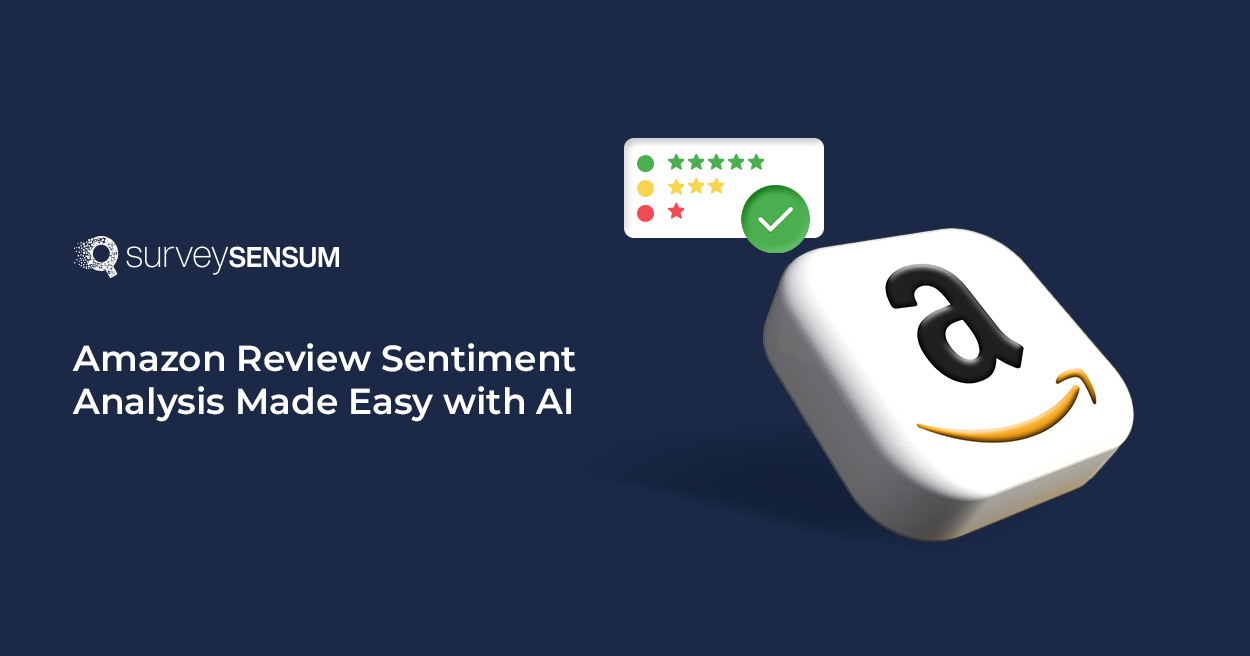

Are you happy with the response rate on your current surveys?
If not then you are still a part of the large crowd struggling with the low survey response rates.
Indomobil Nissan was toiling with the same.
Yes, I’m not kidding!
Earlier, they were getting only a 5% response rate on the phone surveys – not enough feedback to make any conclusions. So they shifted from traditional phone surveys and started using WhatsApp surveys.
Why WhatsApp? – Because that’s where your customers are.
And not just that, 80% of messages sent on WhatsApp are seen within 5 minutes. This platform lets you know that you are just a message away from taking feedback, listening to the customers, or getting support from the brand.
And Nissan successfully leveraged it!
Let’s first talk about WHY Nissan started looking for an alternative survey method in the first place.
Challenges faced by Indomobil Nissan
Indomobil Nissan was using phone surveys (CATI) to gather customer feedback from 78 dealers across 8 regions. The process of calling each person, gathering their feedback, analyzing it, and creating reports was really lengthy, complex, and cumbersome – and had the following problems.
1. Low response rates (5%)
No one wants to pick up a random unknown call nowadays. And when your team, or hired third-party agency, calls the customers, they either disconnect the call or mark the number as spam.
That’s why you get low response rates.
2. Lack of real-time feedback
One of your customers was dissatisfied with the car’s repair. Though your team gathered the feedback in the next 2 days, you received it after 30 days.
Now, it’s too late to do anything. Had the feedback been shared with you the next day, you’d have called the customer, listened to them, and resolved the issue.
This is one of the major drawbacks of CATI or phone surveys.
Since you are not getting real-time feedback, you are unable to close the feedback loop in time – leading to dissatisfied and unhappy customers
3. Costing
Phone surveys cost you $5-$10 to conduct a single interview. And in the automotive industry, you have more than thousands of customers to take customer feedback. So, for that, you need to spend a huge budget. But again, this is all waste if people won’t take the calls.
4. Reporting
Phone surveys are a long, tedious process because calling each person and gathering all the feedback in one place takes time. And not just that, but the collected feedback is not structured. Analyzed that feedback and creating a report takes hours.
By shifting to WhatsApp surveys, Nissan resolved all of these issues and so much more.
But, how did Nissan Indombil boost its response rate by 35%?
Indomobil Nissan was struggling with these challenges when they started looking for an efficient feedback platform and found SurveySensum.
And working with auto companies for a while, we’ve observed similar challenges faced by many of them – which were resolved by online surveys. So, we encouraged Nissan’s CX team as well to shift to online surveys, especially WhatsApp surveys.
Here’s what happened afterward.
– Response rate increased by 35%
WhatsApp surveys allow the customers to share their feedback in their own time and pace. They don’t have to interrupt their ongoing tasks, nor are they under any pressure. They simply like the effortless way of sharing their feedback.
This boosted their response rate from 5% to 40%.
– Real-time feedback
As soon as a customer shares their feedback, it is shared with the respective team in real time. This enables them to reach out to the customer in case of negative feedback, talk to them about their problem in detail, and resolve the issue in time (before it’s too late).
Not only are the customers happy that their feedback is being listened to, but their problems are also resolved in time.
– 80% of the cost is saved
Compared to phone surveys (as they are a really expensive approach), WhatsApp surveys are very cheap. As said above, each phone call interview costs 5-10 dollars, but instead, how about you go for a free signup on the feedback platform?
And then, when you get enough response, you can simply switch to the paid version. This reduces your entire survey costs by 80%.
– 30 hours a week is saved on analysis and reporting
With an AI-enabled feedback platform, the analysis of the feedback and reporting is automated. As soon as a customer shares feedback, it is collected in one place and automatically analyzed. Not just that, but the reports are also ready to download.
All of this saved Nissan 30 hours on analysis and reporting every week.
Other benefits of using online surveys
- Easy Survey Design: They can create dynamic interactive surveys within minutes because of built-in themes, questionnaires, and templates.
- Intuitive Contact Management: They used to get inaccurate customer contact data. Now the process of loading and managing customer contacts is super easy.
- Instant Alerts: They get instant alerts whenever they receive bad feedback so they can take instant action in time.
- Exceptional Customer Support: They get quick support on any issues they encounter.
Wrapping up
If you also are struggling with the response rate, try WhatsApp surveys once, and you’ll be shocked to see the change in the results. The platform’s high accessibility and convenience make it easy for participants to complete surveys, resulting in higher participation rates.
This means that not only will the response rate increase, but also the customers will be more than happy to talk to you.
But that’s not enough! You must close the loop on every detractor. This is the only way to deliver a positive customer experience.















